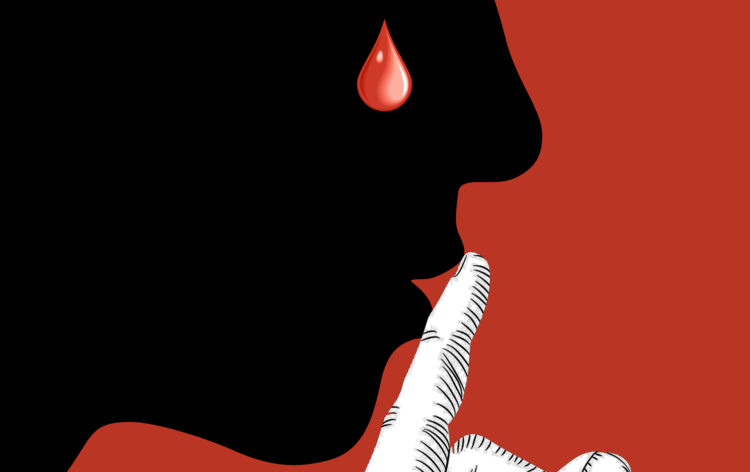2012 (Nirbhaya Rape Case) to 2024 (RG Kar Rape Case): Has Anything Changed?
It’s been over a month since the horrific RG Kar Rape Case. Yet, justice remains elusive. When such heinous crimes occur, and justice still takes more than a month to materialize, it raises serious concerns about our judiciary and government.
Today, the nation demands justice—just as it did during the Nirbhaya case in 2012. But should justice be limited to only Nirbhaya and Tilottama? Or should we demand it for every woman who becomes a victim of such atrocities?
Since the RG Kar Rape Case, over 2,500 new rape cases have been reported across India in just one month. On average, 89 rapes occur every single day in the country from 2012 to 2022.
Rape Statistics in India: A Grim Reality
Let’s take a closer look at the data:
| Year | 2012 | 2013 | 2014 | 2015 | 2016 | 2017 | 2018 | 2019 | 2020 | 2021 | 2022 |
|---|---|---|---|---|---|---|---|---|---|---|---|
| Avg. Cases Per Day | 68 | 92 | 101 | 95 | 107 | 89 | 91 | 88 | 77 | 87 | 86 |
In 2012, when the Nirbhaya case shocked the world, India recorded 24,923 rape cases. Instead of decreasing, that number surged to 33,707 in 2013, a year marked by widespread protests demanding justice. Perhaps it was public outrage that encouraged more victims to come forward and report their trauma.
From there, the numbers continued to climb. In 2014, rape cases rose to 36,735. Despite changes in political leadership, the country saw little progress. In 2016, India recorded the highest number of rape cases: 38,947. While 2020 saw a slight dip in reported cases (28,046), perhaps due to the COVID-19 lockdown, the numbers shot back up by 13% in 2021.
The question remains: While protests might bring justice for Tilottama, who will fight for the 31,515 other women in 2022? Our outrage must be for all of them, not just the most publicized cases.
Major Rape Cases Between 2012 and 2024: A System in Crisis
How long will Tilottama and her family wait for justice? The following statistics shed light on the grim delays in India’s legal system. Currently, India has 4.49 crore (44.9 million) pending cases, with 64% of them more than a year old. In the High Courts alone, 60 lakh cases remain pending, with 74% awaiting resolution for over a year. Meanwhile, the Supreme Court has over 83,000 pending cases, 66% of which have been languishing for more than a year.
On average, the Supreme Court takes 15 years to deliver a judgment in civil cases and 8 years in criminal cases. Given this backlog, it seems unlikely that justice will come swiftly for Tilottama.
History is proof of these delays:
- 2012: Delhi Gang Rape (Nirbhaya Case) – 7 years and 3 months for justice.
- 2013: Shakti Mills Gang Rape (Mumbai) – 4 years and 3 months.
- 2017: Unnao Rape Case (UP) – 2 years and 6 months.
- 2018: Kathua Rape and Murder Case (J&K) – 1 year and 5 months.
- 2019: Hyderabad Vet Rape and Murder Case (Telangana) – An exceptional case, where a police encounter resulted in a verdict within 9 days.
- 2020: Hathras Rape Case (UP) – Still ongoing.
- 2023: Bilaspur Rape and Murder Case (Chhattisgarh) – Still ongoing.
- 2024: RG Kar Rape Case (Kolkata) – One month has passed with no resolution.
We can only hope that Tilottama’s case won’t take years to see justice. But based on historical trends, swift justice seems unlikely.
3 Recommendations for Change
Whether the justice system or the government changes or not, there are three key actions we can take to foster societal change:
- Shift the Focus: From “Beti Padhao, Beti Bachao” to “Beta Padhao, Beta Sudharo”
We taught Tilottama, but we failed to protect her. It’s time for a change in focus. Every parent must not only educate their sons but also teach them respect, empathy, and morality. - Recognize that Education Alone is Not Enough
Doctors are revered as the most educated, yet the RG Kar case shows that education alone doesn’t create good human beings. Beyond academic success, we must emphasize the importance of character and decency. - Personal Reflection: Have You Contributed to a Culture of Fear?
Ask yourself: Have your actions ever made a woman feel unsafe? If you can protect your own sister, why not show the same respect to all women? Be a protector, not a predator.
Change starts with individual responsibility. If we want to stop these heinous crimes, we must first change ourselves.







Neat blog! Is your theme custom made or did you download iit from somewhere?
A theme like yours with a few simple adjustements would really make my blog stand out.
Please let me know where you got your theme. Thanks a lot https://Menbehealth.wordpress.com/
JNews